Clindamycin hydrochloride CAS:21462-39-5
Clindamycin hydrochloride is commonly prescribed for treating skin and soft tissue infections, respiratory tract infections, bone and joint infections, pelvic inflammatory disease, and certain dental infections caused by susceptible bacteria. It is also utilized in the management of serious infections such as septicemia and endocarditis. Healthcare providers determine the appropriate dosage, frequency, and duration of clindamycin hydrochloride treatment based on the type and severity of the infection, patient factors, and susceptibility testing results. Patients should take the medication with a full glass of water and follow the prescribed dosing schedule to maximize efficacy. Completing the full course of clindamycin hydrochloride as directed is crucial to ensure complete eradication of the infecting bacteria and reduce the risk of recurrence or antibiotic resistance development. Patients should not share clindamycin hydrochloride with others or use it for non-prescribed conditions. While generally well-tolerated, clindamycin hydrochloride can cause side effects such as gastrointestinal upset, allergic reactions, or Clostridium difficile-associated diarrhea. Patients experiencing severe symptoms or adverse reactions should seek medical advice promptly for evaluation and appropriate management. When used appropriately and under medical supervision, clindamycin hydrochloride is an essential tool in combating bacterial infections effectively.



| Composition | C18H34Cl2N2O5S |
| Assay | 99% |
| Appearance | white powder |
| CAS No. | 21462-39-5 |
| Packing | Small and bulk |
| Shelf Life | 2 years |
| Storage | Store in cool and dry area |
| Certification | ISO. |


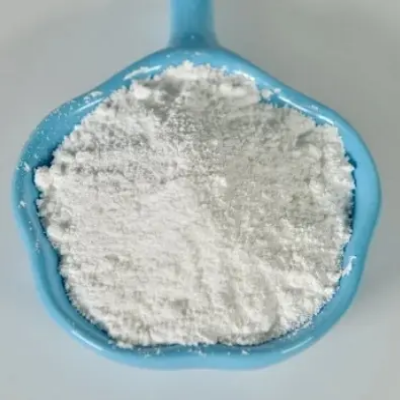

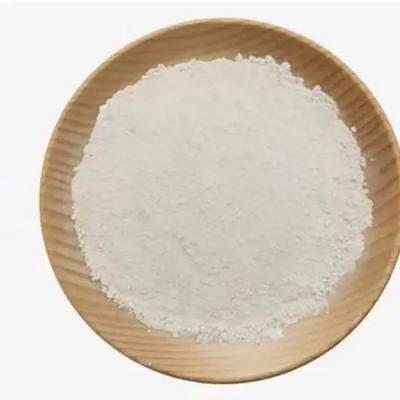
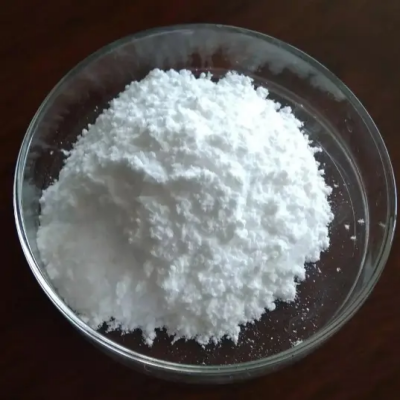

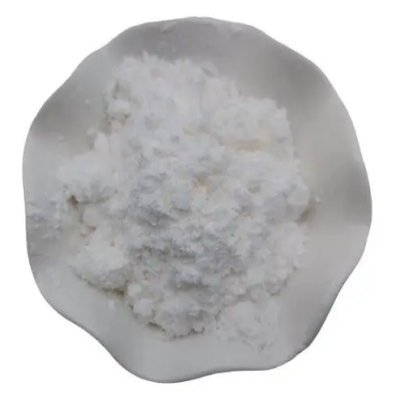
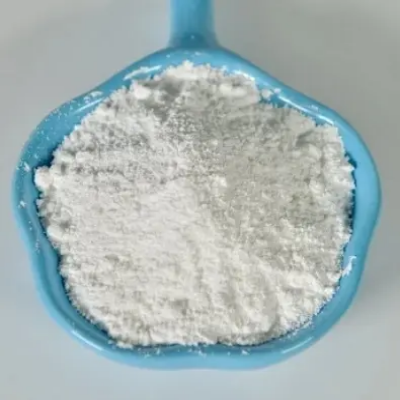
![2′-anilino-6′-[ethyl(3-methylbutyl)amino]-3′-methylspiro[isobenzofuran-1(3H),9'-[9H]xanthene]-3-one CAS:70516-41-5](https://cdn.globalso.com/xindaobiotech/CMGYQWFMYMAW61CV3X72.png)